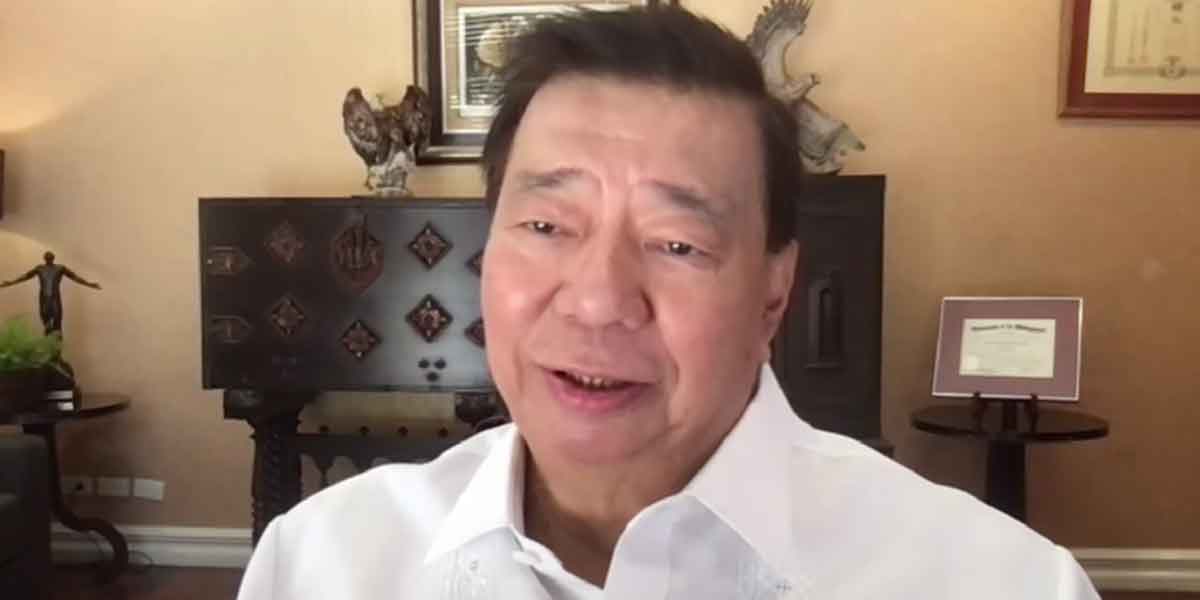
By Francis Allan L. Angelo
The recent leadership change in the Philippine Senate, highlighted by the replacement of Senate President Miguel Zubiri with Senator Chiz Escudero, underscores the growing political tension between President Bongbong Marcos and Vice President Sara Duterte.
In an interview on ANC’s Headstart with Karen Davila, former Senate President Franklin Drilon shed light on the factors leading to this significant political shift.
Drilon, who has served as Senate President three times, pointed to several key events contributing to Zubiri’s ouster.
He mentioned Zubiri’s stance on amending the Constitution through a People’s Initiative (PI), his issuance of an arrest warrant against Quibuloy, a known Duterte ally, and the contentious hearings on the Philippine Drug Enforcement Agency (PDEA).
“The replacement of Senate President Zubiri, to me, is a cumulative effect of several political events,” Drilon said.
Drilon emphasized the intricate relationship between the Senate leadership and Malacañang.
“There’s nothing wrong with the president trying to influence the leadership in both chambers. It’s done everywhere,” he said, noting that the political leader of the country naturally seeks to align legislative leaders with their policies.
However, the dynamics within the Senate, which Drilon described as “24 independent republics,” mean that the president’s influence does not guarantee control.
Senators, elected nationwide, have a degree of independence not seen in the House of Representatives, whose members represent specific districts.
Zubiri’s surprise at his ouster was palpable, especially since Senator Bato de la Rosa, whom Zubiri had defended, voted for Escudero.
Drilon explained, “Senator Zubiri was shown the resolution installing Escudero as Senate President at about noon on Monday. There were 14 signatures at the time. By 3 PM, Senator de la Rosa had added his signature.”
The current situation sees a significant minority in the Senate, with Drilon highlighting that if seven undecided senators join the minority, it could shift the balance of power.
“You only need 13 to change leadership. With nine in the minority, you only need four more,” he noted.
Drilon also reflected on the broader implications of these shifts, including the potential use of Senate investigations as a battleground between the Marcos and Duterte camps.
“Political observers will agree that alignments are becoming clear between the Marcoses and the Dutertes,” he observed.
The former Senate President remains confident in Escudero’s ability to navigate these complexities, describing him as a seasoned politician.
He urged for minimal changes in committee chairmanships to maintain Senate unity and ensure legislative productivity in the remaining term.
Drilon also touched on the broader implications of the leadership change, suggesting it reflects the absence of a stable political party system in the Philippines.
“In mature democracies, party lines are clearly established. Here, political party affiliation has become a matter of convenience. Before martial law, you had the Liberal Party and the Nacionalista Party, which projected some stability in the political party system,” he recalled, advocating for a return to more defined political affiliations.





















